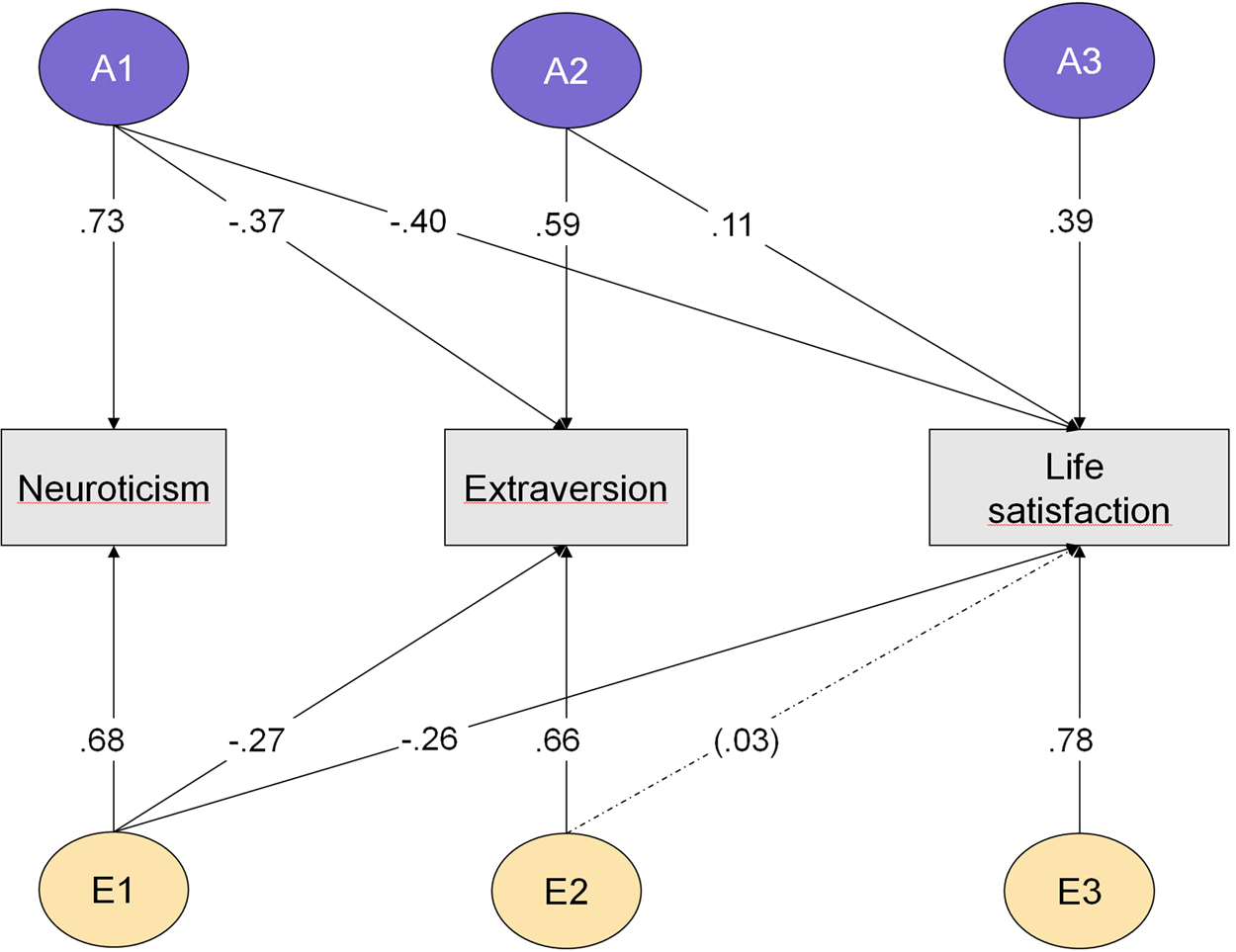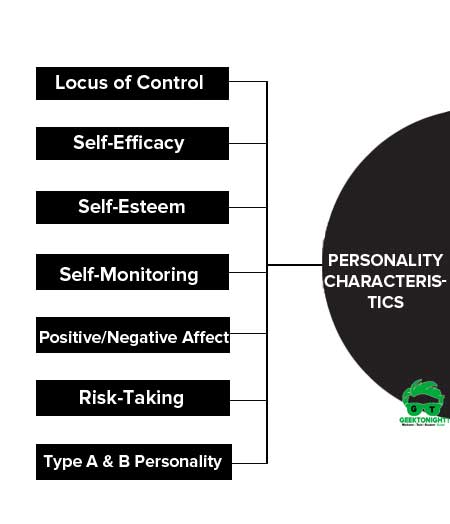Personality is the unique set of characteristics and traits that define an individual's behavior and thought patterns. It influences how we interact with others, make decisions, and navigate the world around us. There are a number of factors that can influence an individual's personality, including genetics, upbringing, culture, and life experiences.
One major factor that influences personality is genetics. Research has shown that certain personality traits, such as introversion and extroversion, may have a genetic basis. This means that an individual's personality may be partially inherited from their parents or ancestors. While genetics play a role in shaping an individual's personality, it is not the only factor.
Upbringing, or the environment in which a person is raised, is also a significant factor in shaping personality. The values, beliefs, and behaviors of an individual's family and community can have a major impact on their personality development. For example, if a person grows up in a household that values independence and self-reliance, they may be more likely to develop these traits as part of their personality. On the other hand, if a person grows up in a household that emphasizes obedience and conformity, they may be more likely to develop these traits as part of their personality.
Culture is another factor that can influence personality. Different cultures value different personality traits and behaviors, and this can shape an individual's personality as they grow and develop. For example, in some cultures, it may be more valued to be outgoing and extroverted, while in others it may be more valued to be reserved and introverted. Culture can also influence how an individual expresses their personality and how they are perceived by others.
Life experiences are also a major factor in shaping an individual's personality. The events, challenges, and opportunities that a person encounters throughout their life can shape their beliefs, values, and behaviors. For example, if a person has a positive experience working with a team, they may be more likely to value teamwork and collaboration as part of their personality. On the other hand, if a person has a negative experience working with a team, they may be more likely to value independence and self-reliance as part of their personality.
In conclusion, there are many factors that influence an individual's personality. Genetics, upbringing, culture, and life experiences all play a role in shaping an individual's unique set of characteristics and traits. Understanding these factors can help us better understand ourselves and others, and can also help us navigate the world around us more effectively.






